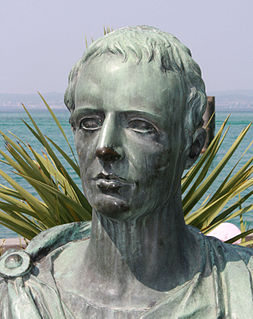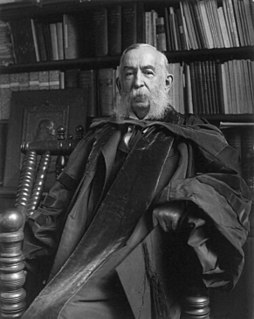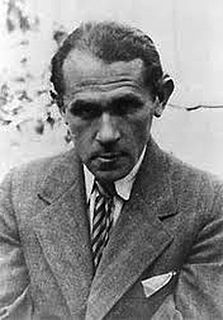A Quote by Raymond Geuss
When Catullus expresses his love and hate for Lesbia, he is not obviously voicing a wish to rid himself of one or the other of these two sentiments. Not all contradictions resolve into temporal change of belief or desire.
Related Quotes
What Music expresses is eternal, infinite, and ideal; she expresses not the passion, love, desire, of this or that individual in this or that condition, but Passion, Love, Desire itself, and in such infinitely varied phases as lie in her unique possession and are foreign and unknown to any other tongue...So...Here's to Victory, gained by our higher sense over the worthlessness of the vulgar! To Love, which crowns our courage...To the day, to the night!...And three cheers for Music.
A third reason why we should love our enemies is that love is the only force capable of transforming an enemy into a friend. We never get rid of an enemy by meeting hate with hate; we get rid of an enemy by getting rid of enmity. By its very nature, hate destroys and tears down; by its very nature, love creates and builds up. Love transforms with redemptive power.
He who is himself crossed in love is able from time to time to master his passion, for he is not the creature but the creator of his own misery; and if a lover is unable to control his passion, he at least knows that he is himself to blame for his sufferings. But he who is loved without reciprocating that love is lost beyond redemption, for it is not in his power to set a limit to that other's passion, to keep it within bounds, and the strongest will is reduced to impotence in the face of another's desire.
Marx set out to resolve the contradictions and to correct the errors in classical political economy. In this he thought he had succeeded very well. Judging by the sound and the fury of the controversy surrounding his interpretations, he either succeeded too well or deluded himself to the success of his enterprise.
Once infected, the individual [infected with a god virus] cannot detect major contradictions in his beliefs and behavior. Belief systems become self-evident to him, and no amount of logical discourse will move him from his belief. If a Mormon and Catholic were to debate the merits of their respective religions, neither could see his own inconsistencies and logical fallacies, but would see the other's quite clearly.
It is not merely our own desire but the desire of Christ in His Spirit that drives us to grow in love. Those who seldom or never feel in their hearts the desire for the love of God and other men, and who do not thirst for the pure waters of desire which are poured out in us by the strong, living God, are usually those who have drunk from other rivers or have dug for themselves broken cisterns.









































